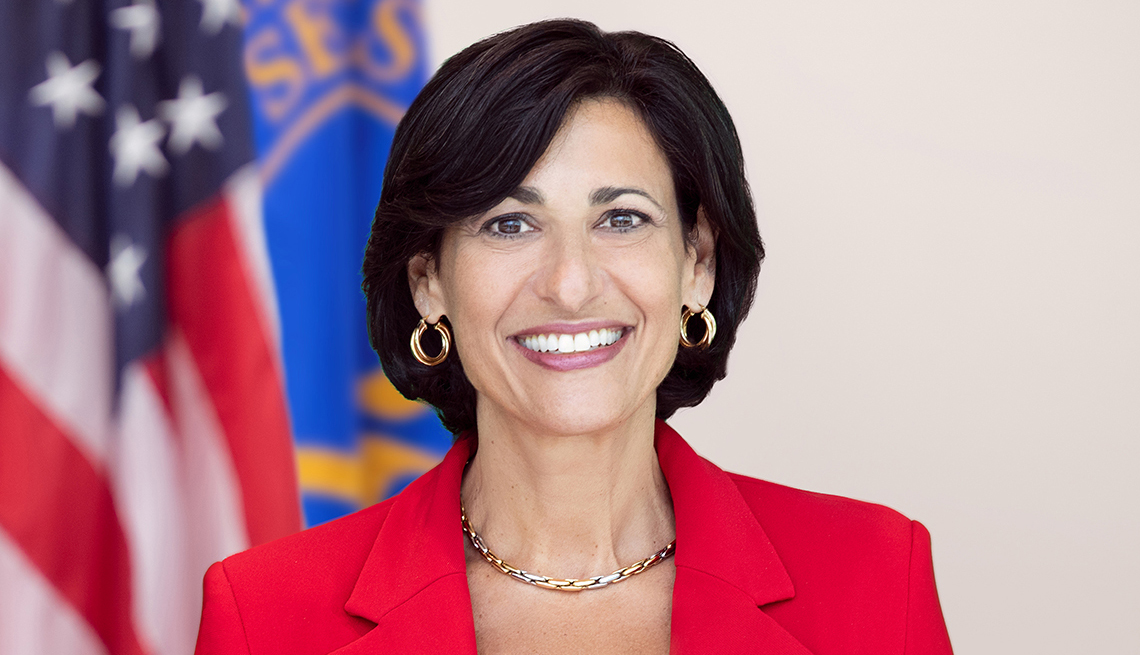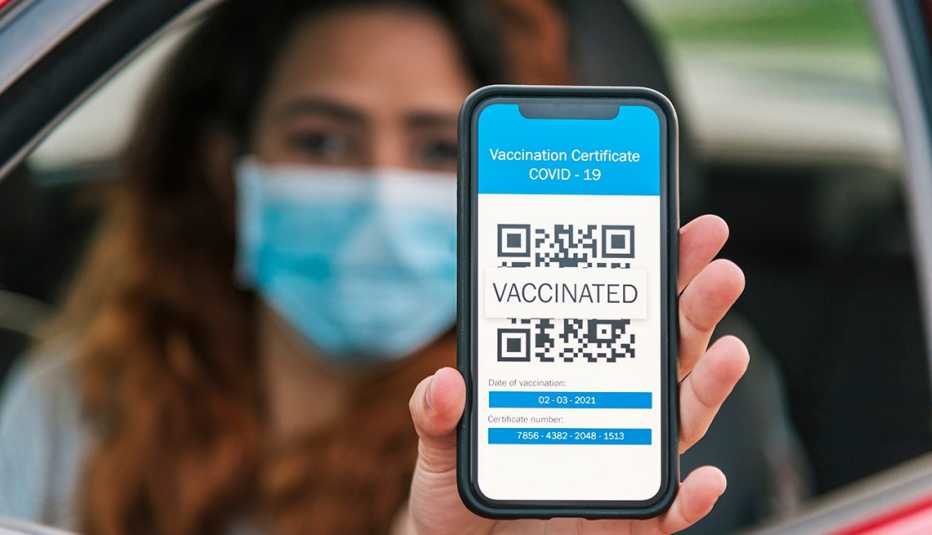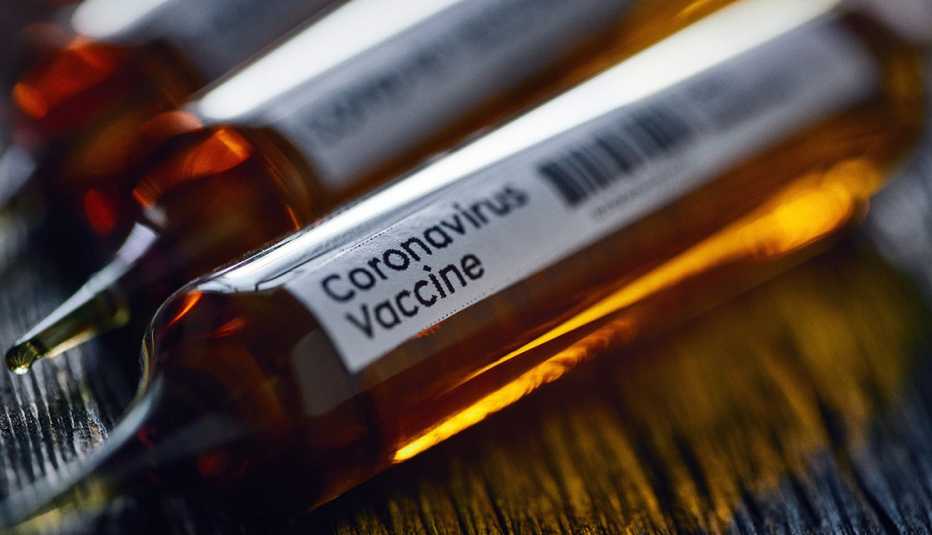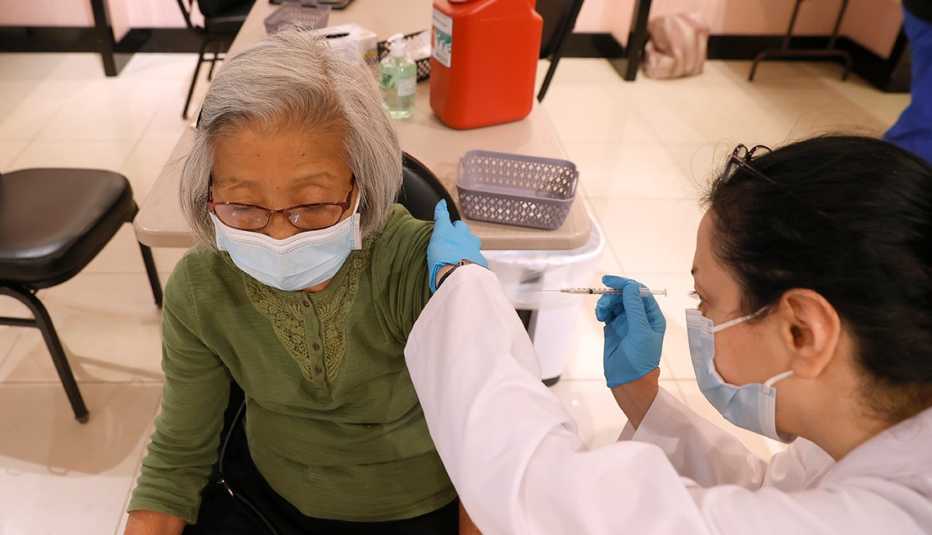Staying Fit
In just a matter of days, the new omicron variant went from causing a small slice of COVID-19 cases in the United States to becoming the dominant version of the virus, edging out delta along the way. And while no time is a good time for a highly contagious variant to strike, omicron emerged at an especially bad moment: the start of the holiday season, when many Americans travel and gather with family and friends.
Researchers are racing to learn more about the new strain that’s causing a spike in COVID cases nationwide, including how it could affect the health of adults 50-plus and populations at risk for complications from a coronavirus infection. Centers for Disease Control and Prevention (CDC) Director Rochelle Walensky, M.D., talked with AARP about what to expect during this new omicron era and how best to protect yourself heading into what could be another tough winter.


AARP Membership— $12 for your first year when you sign up for Automatic Renewal
Get instant access to members-only products and hundreds of discounts, a free second membership, and a subscription to AARP the Magazine.
This interview has been edited for space and clarity.
The risk of testing positive for COVID-19 is still much lower for people who are fully vaccinated than for the unvaccinated, but breakthrough infections began creeping up in November, according to CDC data. Can we anticipate more breakthrough cases this winter, given what we know about omicron so far?
We've started to see data that our vaccines continue to work against omicron, but not as well, which is why we are really encouraging people to optimize their vaccination and their protection by getting boosted. With more mutations, the omicron variant is going to require a higher level of immune response, a higher level of protection.
We really believe that with the booster shot, we're going to have pretty good protection against severe disease and death. Our current data demonstrate that you're 20 times more likely to die of COVID if you're unvaccinated, compared to if you're boosted, so we really are encouraging people to get boosted.
We anticipate that we are going to see more and more breakthrough infections related to omicron. We continue to encourage people to wear a mask in public indoor settings — even if they’re vaccinated and boosted — because that extra layer of protection with your mask should help prevent infection overall.
Now, if you happen to be one of those people who got boosted and got infected, what I would say is, please reach out to your health care provider, because they can talk to you about your symptoms and your underlying risks. We have things like monoclonal antibodies that your provider may want to offer you if you get sick.



































































